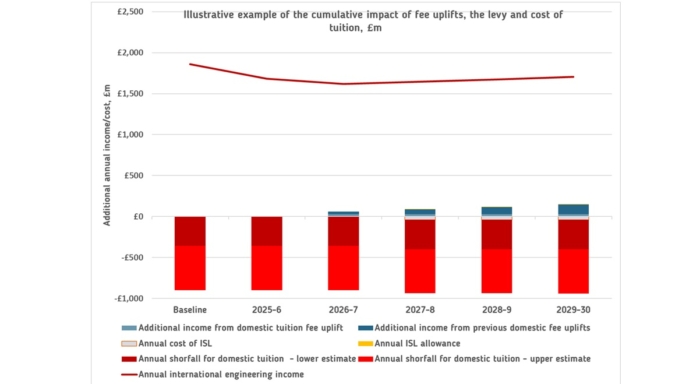BIS Research paper number 107
In New Challenges, New Chances (BIS, Dec 2011) the Government clearly laid out its intention to provide a “ladder of opportunity” through apprenticeships to “clear and flexible progression routes to Higher Vocational Education”. It has demonstrated its intentions practically with the Higher Apprenticeship Fund providing £25 million to boost the development of 10,000 higher apprenticeship places within four years.
A research report, published by the Department of Business, Innovation, and Skills in February 2013 shows that this is much needed given that even with a progression rate of 15.4% over seven years, apprentices do not match the rates of other vocational learners at 40% (HEFCE, 2007) or A level learners at 90% (Carter, 2009). Comparing this figure with the aspirational figure given by the National Apprenticeship Service of 50% of advanced level apprentices showing “interest in pursuing a degree-level equivalent course” (NAS, 2011), there is clearly a way to go before there is more equity between the progression rates of apprentices and other full-time vocational and A level learners.
In this report, there are some early findings about progression to higher apprenticeships. The years covered were prior to the publication of the Specification for Apprenticeship Standards (SASE) that included higher apprenticeships for the first time (BIS, 2011). They were the trailblazers overwhelmingly dominated by Accountancy but also including Engineering and IT. The rapid development of higher apprenticeships will play an important role in providing flexible, part-time and work-based higher education opportunities. The findings in this research project, by identifying the progression behaviour of existing apprentices, can also shed a light on what other sorts of provision needs to be developed to maximise their opportunities for progression.
You can download the full report here.




